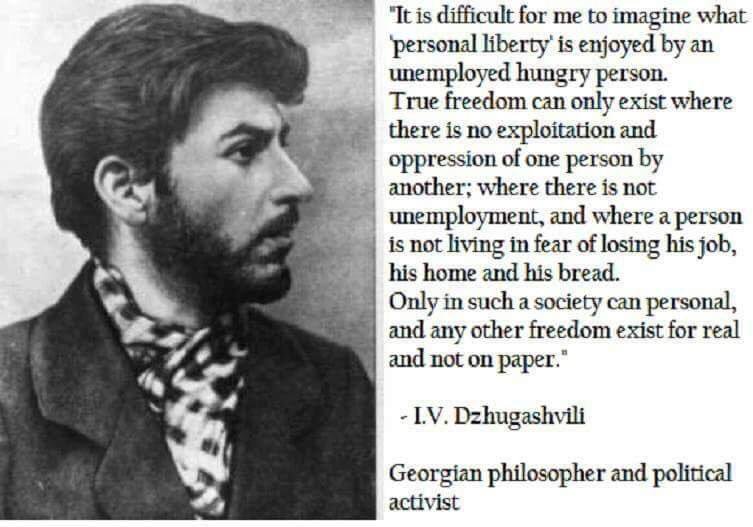@NicoleAschoff has the left-wing narrative, which is a set of grand forces and conspiracies.
This is a flattening history to 'industrial unionism' versus not. But American labor history is mostly about farming and small business.
That's just not true. The Bonus Army was the first big successful mass movement of the depression.
By going over the details, what I found is that the anti-capitalist critique won. That's the problem!
This is romanticism.
What I saw from the radical movements of the 1970s were people who were well-meaning but with bad ideas. They stopped seeing power.
But they were a bucket of mistakes! The world is on fire!
"Why were antitrust principles, despite showing strong results and being enshrined in US law, already coming under attack by the 1950s, and ultimately incapable of constraining the power of capital?"
The struggle for democracy never ends. Ever.
It didn't fail.



